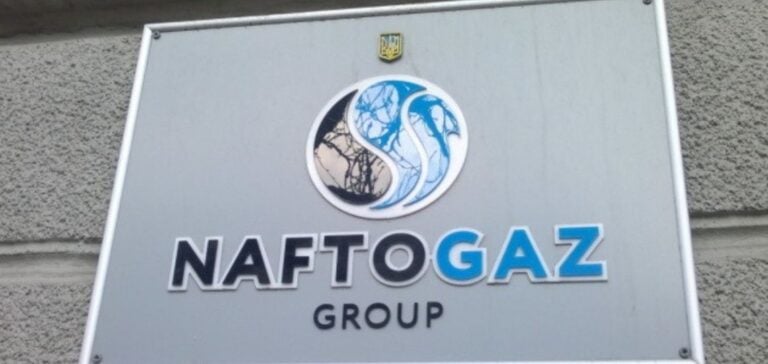Russia has launched several waves of new missile and drone attacks against Ukraine, hitting a gas storage site for the first time. According to Oleksiy Chernyshov, CEO of Naftogaz, although the surface infrastructure of one of Ukraine’s underground gas storage sites has been damaged, the attack will not have a critical impact on gas supplies for Ukrainian consumers. All customers’ nominations for storage and capacity reservation continue to be fully satisfied.
Storage integrity assured
Work is underway in accordance with the scenarios set out in the Ukrainian plan for locating and liquidating emergency situations. Naftogaz assures us that there are no critical consequences for the operation of the storage site, thanks to the considerable depth at which the gas is stored. Even if part of the surface infrastructure has to be restored, Naftogaz has sufficient reserve capacity to manage the situation.
Infrastructure protection
Infrastructure protection is a key objective for Naftogaz in 2024, with ongoing efforts to strengthen facility protection against possible enemy attacks. The reliability of the country’s storage capacity was also emphasized by Ukrainian officials, claiming that any disruption to operations at one site could be compensated for by another.
Storage capacity as a single entity
Agneta Kutselim, Chief Commercial Officer at storage operator UkrTransGaz, said Ukraine’s gas storage sites are considered a single business entity. This means that in the event of a disruption to operations at one storage facility, flows could be redirected from others to ensure uninterrupted supply. The majority of Ukraine’s gas storage capacity, estimated at 31 Gcm, is located in the west of the country, far from the current hostilities.
Ukraine was used by European traders in 2023 to store surplus gas after facilities in Europe filled up quickly last summer. Foreign traders stored around 2.5 Gcm of gas in Ukraine last year, and Naftogaz hopes that foreign traders will store around 4 Gcm of gas in 2024. However, the Russian attack on one site could raise concerns among potential users of Ukraine’s gas storage sites.





















